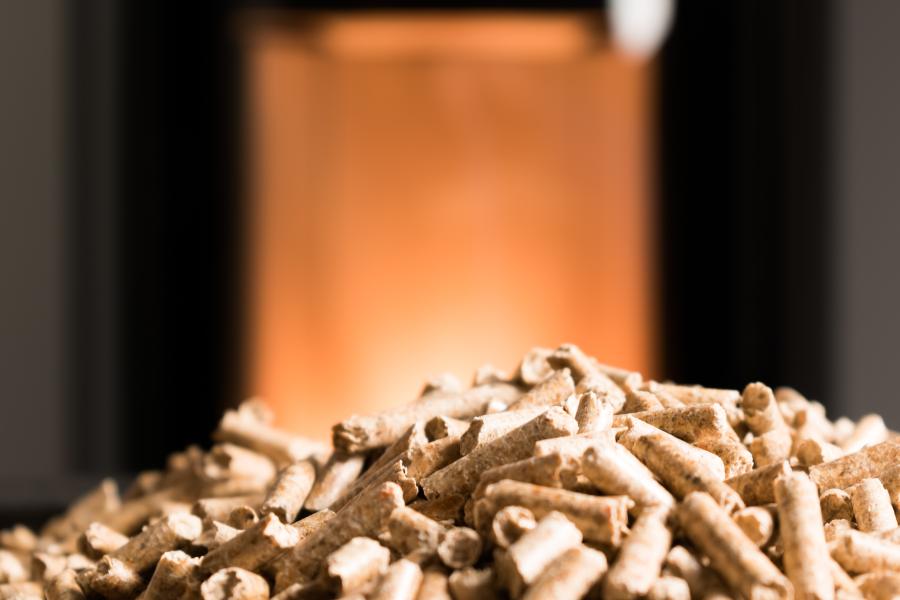Debating the Costs: Oil Versus Pellet Heating
When the frigid months roll in, the last thing you want is for your cozy sanctuary to transform into a chilly igloo. So, you turn to your trusty heating system. But have you ever wondered if you’re burning money just as quickly as you’re burning fuel? Let’s take a closer look at two common home heating methods: oil and pellets.
Oil Heating: A Traditional Choice
Oil heating has been a staple in the heating market for many years. This fuel source is easy to use and can heat a home very quickly, which makes it a popular option for those who live in significantly colder climates.
However, as with most things in life, convenience comes at a cost. The average price for a gallon of heating oil can fluctuate depending on location and the time of year, but it generally ranges between $2.50 to $3.00 per gallon. While this might not seem much at first glance, a cold winter could rack up heating costs in the thousands of dollars for substantial homes.
Pellet Heating: An Environmentally Friendly Alternative
Wood pellet heat is gaining popularity as an alternative to traditional oil heating. These small, compressed pieces of wood are burned in specific pellet stoves, generating warmth that can effectively heat your home. The eco-friendly among us often prefer pellet heating due to its lesser environmental impact, but the potential cost savings make it attractive for the budget-conscious as well.
On average, you can expect to pay around $250 for a ton of wood pellets, which can provide comparable heating to that of a more expensive oil option. Moreover, pellet stoves are often more energy-efficient than oil heating systems, meaning more of your hard-earned money goes towards actual heat generation, rather than wasted through inefficiencies.
Which is Cheaper: Oil or Pellets?
When looking solely at the raw numbers, it’s easy to see that heating with pellets could be more cost-effective than using oil. However, this does not take into consideration the costs associated with upgrading to a pellet stove if your home isn’t already equipped with one. It also doesn’t consider the potential hassle and labor costs of maintaining a pellet fuel system.
That being said, if you’re looking at long-term savings and are mindful of your environmental impact, switching to a pellet heating system could prove to be the more economical and eco-friendly choice. On the other hand, if convenience and upfront costs are your primary concerns, oil heating might still be your best bet.
Conclusion
The ultimate decision of whether to heat with oil or pellets is largely dependent on your individual circumstances — and sometimes, the decision isn’t so cut and dry. By understanding your personal needs, weighing the pros and cons of each method, and keeping an eye on current fuel prices, you can make an informed decision that will keep your home warm and your wallet heavier this winter.







Leave A Comment